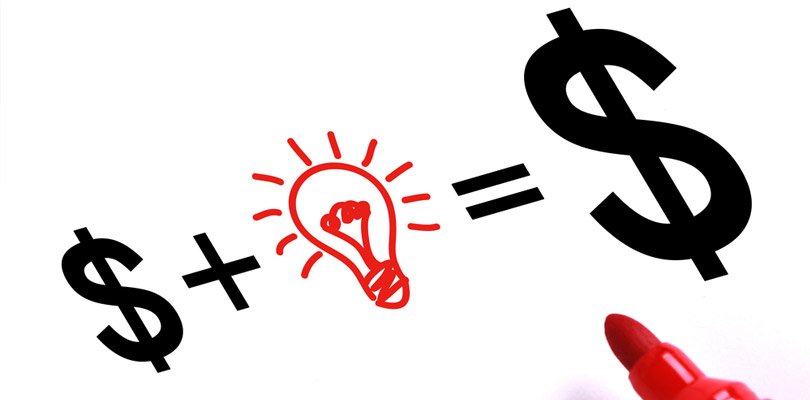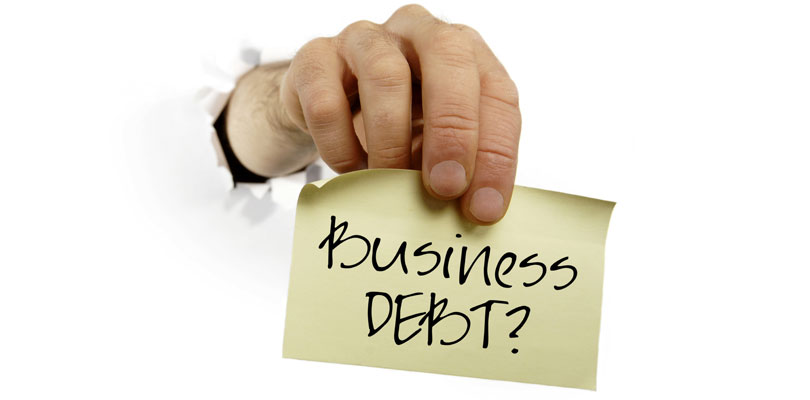Here are 5 more of our top ideas to help you minimise tax.
1. Control the timing of your tax deductible expenses
If you know in advance that you will have large tax deductible expenses, sometimes you can choose which financial year you purchase them in, depending on your expected levels of income. You want to consider the timing of purchasing any items to minimise any potential tax liability.
For example, if you have a large tax deductible expense and your income for a particular year is going to push you into the next tax bracket, it may be best to purchase your item now. This will lower your taxable income for this year and may even move you down into a lower tax bracket. Alternatively, in a year that you take an extended holiday or unpaid leave and your income is lower, it may be more beneficial to delay the purchase until the next financial year. This will help you reduce tax paid in the higher tax bracket and save you more money than if you purchase the item when your income is lower.
2. Investments
Depending on your individual finances or circumstances, making an investment can help you reduce tax. Before you decide to invest, speak to your accountant who can advise if an investment will suit you. Remember, the investment should benefit you now and into the future – there is no point saving a small amount of tax now if it is a poor investment and you end up losing your original capital in the long run.
There seems to be a big trend towards negatively geared property investments as a way of minimising tax. This could be a great strategy for you, but it really does depend on your personal circumstances. So never listen to a smart talking investment company representative; always seek independent professional advice.
There are also tax advantages to be gained by investing in your super fund, however this locks money away until you retire so this strategy may not be suitable for everyone. So the best thing to do before making any decisions is to get advice from a qualified accountant.
3. Adjust your finances to suit your circumstances
For example, couples who have funds invested in a short term account that earns interest may find it beneficial to invest it in the name of the lowest income earner, as they will pay a lower rate of tax on the interest income.
4. Don’t overlook the little expenses
Whether your expenses are for $2, $20 or $200, they all add up over a year. Ensure you keep every one of your receipts to achieve the best possible tax outcome.
Remember, if you are not sure whether you can claim it, keep the receipt and ask your accountant for advice at tax time.
5. Selling Assets
If you plan to sell one of your assets which may be subject to capital gains tax, there are a number of things you should consider. For example, if you have owned the asset for longer than twelve months you may be entitled to a 50% capital gains discount. And, you may choose to sell the asset in a year you expect to earn lower income so your anticipated capital gain won’t have as big an impact on your tax liability.
If you are looking for a tax agent who works with their clients to ensure that they achieve the best taxable position possible, then speak to us today. Our experienced team can guide you through the tax maze.








